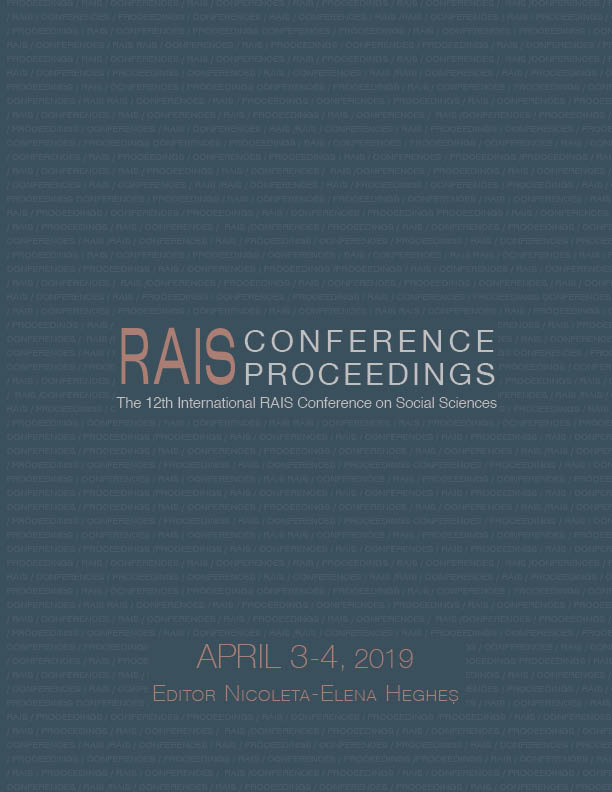Conditional Liberation - One of the Measures to Achieve the Purpose of Criminal Punishment
Conditional Liberation - One of the Measures to Achieve the Purpose of Criminal Punishment
Author(s): Nicoleta-Elena Heghes, Victoria Cristiean
Subject(s): Criminology, Penology
Published by: Scientia Moralitas Research Institute
Keywords: conditional liberation; convicts; measures; punishment; recidivists;
Summary/Abstract: The offense as a fact forbidden by the rules of criminal law cannot exist without the unavoidable consequence of criminal liability, which, in its turn, would be without object without a criminal sanction, without a punishment. Neither punishment can be conceived without the existence of criminal liability and it is based only on the offense. Conditional liberation constitutes a measure of both criminal and social policy that is particularly important for achieving the purpose of punishment. Conditional liberation is conceived as an incentive for convicts who give evidence of correction by reducing the period of deprivation of liberty, being designed to accelerate the process of re-education and social reinsertion of the convict.
Book: Proceedings of the 12th International RAIS Conference on Social Sciences and Humanities
- Page Range: 237-241
- Page Count: 5
- Publication Year: 2019
- Language: English
- Content File-PDF

